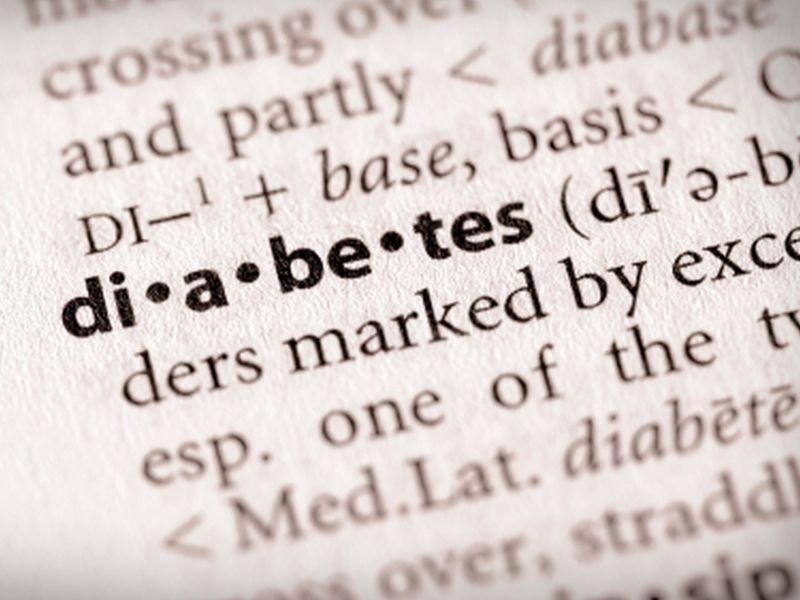
A form of diabetes caused by malnutrition is significantly different from type 1 or type 2 diabetes and should be considered a distinct form of the disease, a new study says. The findings may prove crucial in developing effective treatments for malnutrition-related diabetes, which is rare in wealthy nations but affects tens of millions of… read on > read on >






























